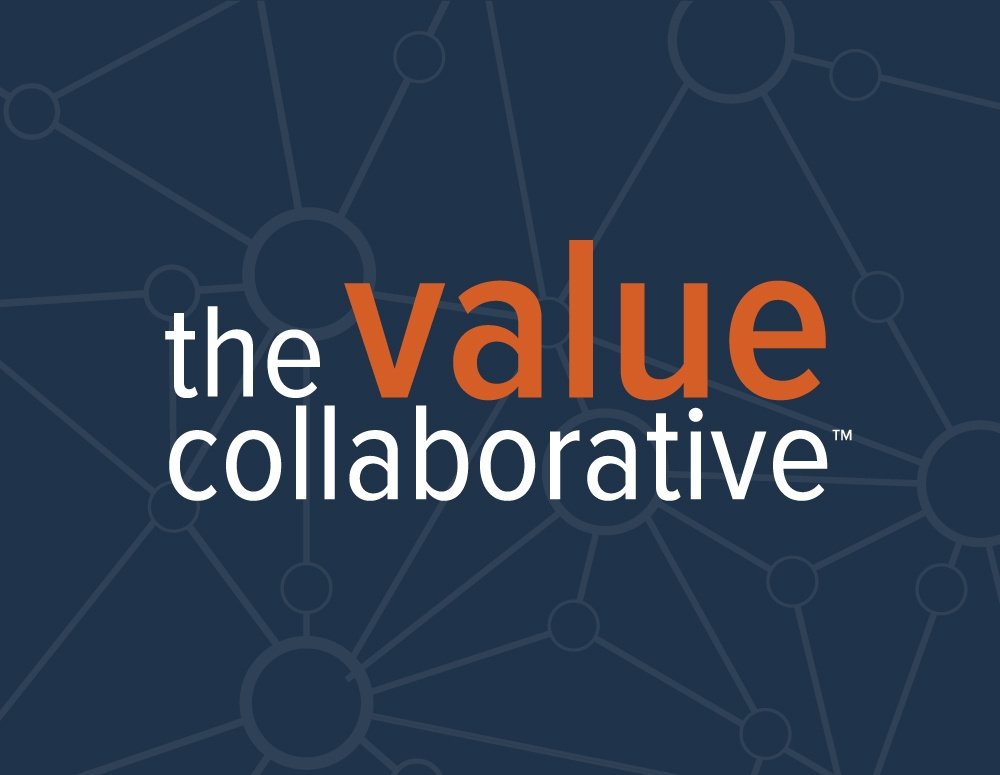
At a time of unprecedented scientific breakthroughs in oncology, personalized medicine is enabling more accurate diagnoses and more targeted treatments, increasing the overall efficiency and effectiveness of cancer care. As President Obama recognized earlier this year, in the announcement of his Precision Medicine Initiative, personalized medicine has reversed diseases once thought to be unstoppable and as a nation, we need to do more to harness the benefits of innovative treatments.

In the midst of these great scientific advances we are also in a time of dynamic discussion, when manystakeholders are seeking to expand so-called “value-based” payment models in an effort to cut health care spending. Next week, the Personalized Medicine Coalition (PMC) will release a white paper on alternative payment models, Paying for Personalized Medicine: How Alternative Payment Models Could Help or Hinder the Field. The white paper highlights potential implications of alternative payment models on personalized medicine. Given the complexity of cancer, and the uniqueness of each patient’s disease, such models could have a disproportionate impact on cancer patients and innovation in cancer research.
 One alternative payment model discussed in the white paper is the Oncology Care Model, which was recently announced by the Centers for Medicare and Medicaid Innovation (CMMI). The Oncology Care Model encourages health care providers to lower costs but in doing so, could discourage adoption of new, personalized technologies, and the diagnostic tests used to guide them. Personalized medicines may increase short-term costs but result in long-term clinical benefits, therefore, care models must support targeted approaches in order to deliver the highest quality care to patients. Additionally, the Oncology Care Model will create incentives for use of decision support tools, such as clinical pathways, and it will be essential to ensure that these tools are patient-centric and keep pace with continued innovation in the oncology field.
One alternative payment model discussed in the white paper is the Oncology Care Model, which was recently announced by the Centers for Medicare and Medicaid Innovation (CMMI). The Oncology Care Model encourages health care providers to lower costs but in doing so, could discourage adoption of new, personalized technologies, and the diagnostic tests used to guide them. Personalized medicines may increase short-term costs but result in long-term clinical benefits, therefore, care models must support targeted approaches in order to deliver the highest quality care to patients. Additionally, the Oncology Care Model will create incentives for use of decision support tools, such as clinical pathways, and it will be essential to ensure that these tools are patient-centric and keep pace with continued innovation in the oncology field.
As the Oncology Care Model is implemented, and details of the model decided, it will be important that CMMI hear feedback from stakeholders on how the Oncology Care Model could impact patient care, access to treatment, and support personalized medicine.

As a co-convener of the Turning the Tide Against Cancer initiative, PMC is actively engaged in
the discussion of how to sustain innovation and ensure that cancer care is patient-centric. The initiative aims to bring together the cancer community and has developed policy recommendations that will foster innovation in cancer care and research. These goals require significant dedication and robust dialogue, and we hope you will join us in this work.
Amy M. Miller, Ph.D. is the executive director of PMC.
Conversations and healthy debate about issues facing our industry and the health care system are critical to addressing some of today’s challenges and opportunities. The Catalyst welcomes guest contributors including patients, stakeholders, innovators and others to share their perspectives and point of view. Like in our Conversations series, views represented here may not be those of PhRMA, though they are no less key to a healthy dialogue on issues in health care today.





 One alternative payment model discussed in the white paper is the Oncology Care Model, which was recently announced by the Centers for Medicare and Medicaid Innovation (CMMI). The Oncology Care Model encourages health care providers to lower costs but in doing so, could discourage adoption of new, personalized technologies, and the diagnostic tests used to guide them. Personalized medicines may increase short-term costs but result in long-term clinical benefits, therefore, care models must support targeted approaches in order to deliver the highest quality care to patients. Additionally, the Oncology Care Model will create incentives for use of decision support tools, such as clinical pathways, and it will be essential to ensure that these tools are patient-centric and keep pace with continued innovation in the oncology field.
One alternative payment model discussed in the white paper is the Oncology Care Model, which was recently announced by the Centers for Medicare and Medicaid Innovation (CMMI). The Oncology Care Model encourages health care providers to lower costs but in doing so, could discourage adoption of new, personalized technologies, and the diagnostic tests used to guide them. Personalized medicines may increase short-term costs but result in long-term clinical benefits, therefore, care models must support targeted approaches in order to deliver the highest quality care to patients. Additionally, the Oncology Care Model will create incentives for use of decision support tools, such as clinical pathways, and it will be essential to ensure that these tools are patient-centric and keep pace with continued innovation in the oncology field.
